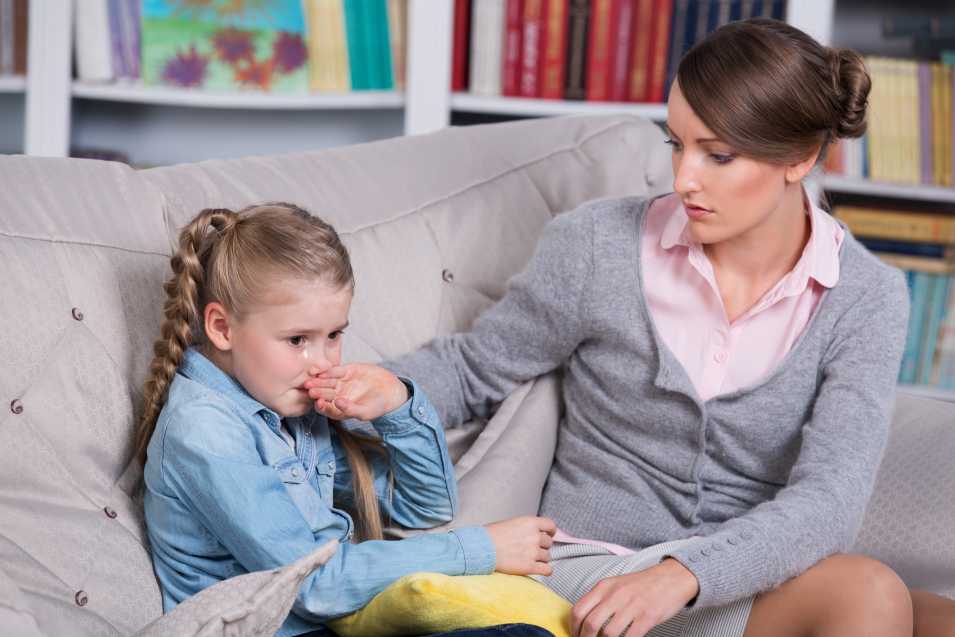For A Child With Anxiety; You want your children to feel safe and happy as a parent. If your child is having problems coping with anxiety, you need to help them work out why they think this way and find strategies to deal with their worries.
10 Great Tips For A Child With Anxiety
How Can I Help My Child With Anxiety? We have 10 great suggestions for you to solve this:
- The first thing you can do is explain what anxiety is and how it affects your body. You can also talk about how a wave builds up and then ebbs away again. This helps your child understand that it’s normal to have a little bit of anxiety, but they can get over it.
- You can also help them develop coping skills to reduce their level of anxiety in the long run. This is a great way to give them confidence and independence as they grow up.
- Set clear expectations that you can realistically achieve. It’s easier for children to believe they can perform to the best of their ability if their goals are manageable. Getting their goals in order and having realistic expectations helps them manage their anxiety.
- Use age-appropriate language that doesn’t leave gaps in their understanding. When children are given information in a way that leaves out important aspects, they often fill in the blanks with inaccurate beliefs.
- Teach them to use breathing techniques that help them calm down. This can be done sitting or lying down and they should practice it several times to learn how to breathe in and out deeply and easily.
- Practice connecting with their surroundings and what they can see, touch, hear, smell and taste to bring them closer to the present moment and decrease their level of anxiety. They can also use a breathing exercise that helps them slow down their breath and distract them from anxiety by taking a deep inhale and then exhaling slowly and deeply.
- Avoid overscheduling them or asking them to do too much in one day. Anxious kids can often feel pressured to participate in too many activities in one day, which can lead to high stress and anxiety.
- Limit screen time and encourage physical activity to reduce anxiety. Regular physical activity has been demonstrated to reduce stress and enhance cognitive performance.
- Having a positive social connection to supportive people around them can help. It’s especially helpful to ensure your child has someone to talk to when they are worried or having trouble coping with their anxiety.
- To assist your child in overcoming their worries and gaining confidence, set an example for them. Teaching them to take risks and try new things is a great idea. You can help them do this by taking chances yourself and letting them know that you are proud of them when they succeed at something.
You should be there to support them when they feel stressed or anxious and listen to them without judgment. Anxiety is normal, but when it interferes with your child’s everyday life, you should seek help from a mental health professional to address it.
You can find more information on this subject in this article.
Related Article: Anxiety Treatment Methods
